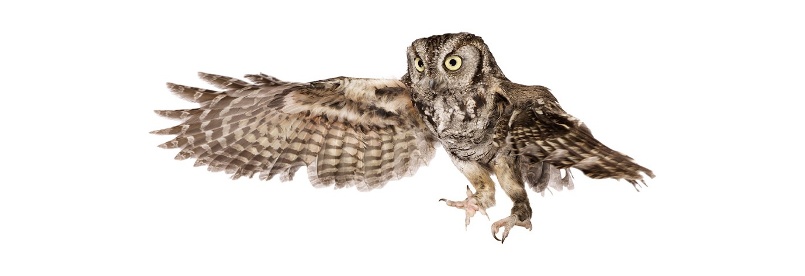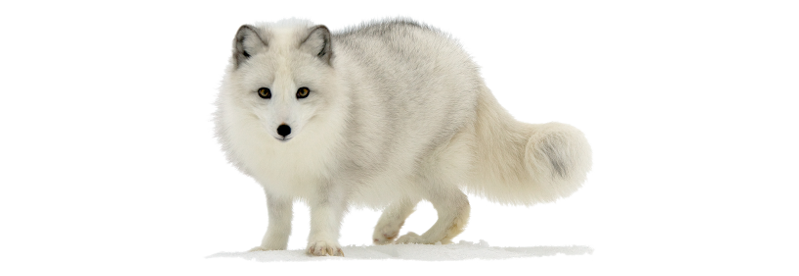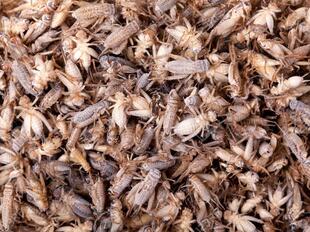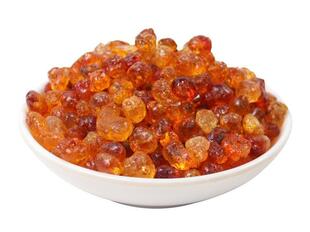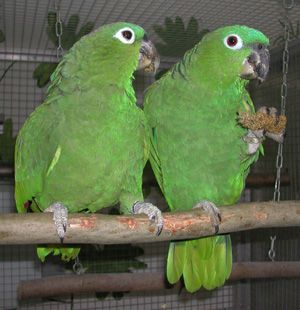
Mealy amazon, orMealy parrot, orBlue-crowned mealy amazon(Amazona farinosa)
Phylum —chordata
Class — aves
Order — psittaciformes
Family — psittacidae
Genus – amazona
Appearance
The Mealy amazon has a total length of about 38–41 cm (15–16 in) and weighs 540–700 g (19–25 oz). Captives commonly are heavier. It is among the largest parrots in the Americas, mainly being surpassed by the large macaws. It has a relatively short and square shaped tail, as do the other members of the Amazona genus.
The Mealy amazon is mainly green. The back and nape often have a whitish tinge; almost as if it had been covered in a thin layer of flour ("meal"; hence its name). The distal half of the tail is paler and more yellow than the basal half, thus resulting in a distinctly bi-colored look. In flight it shows a bluish-black trailing edge to the wing and a conspicuous red speculum. Occasionally a few yellow feathers are apparent on the top of the head.
Habitat
The Mealy amazon occurs in tropical Central America and South America.
Behavior
The Mealy amazon is social and can be found in pairs or in large flocks. They are even known to interact with other parrots, such as macaws. They are usually quiet but can be loud at dusk and dawn. In captivity, they are known as one of the gentlest and calmest of all amazons.
Diet
The diet of the Mealy amazon consists mostly of fruits, seeds, berries, nuts, blossoms, and leaf buds.
Reproduction
After Mealy amazons reach sexual maturity they usually form monogamous relationships with a single partner. Each year courtship usually begins in early spring, and the female will usually lay three or four white eggs in a tree-cavity nest. The female incubates the eggs for about 26 days. The male regurgitates food for the female during the incubation period, and later for the chicks in the nest as well. The chicks leave the nest about 60 days after hatching.
In captivity
Mealy amazons in captivity is typically between 50 and 100 years.
Overall, if you learn your bird's personality and work on forming a solid bond, a Mealy amazon can become a well-trained pet. Just be sure you can fully commit to its needs and can afford the costs associated with keeping a large parrot.
As this species is large, this bird will need a substantially sized cage. At a minimum, your bird should have a cage that is 3 feet wide and long and at least 5 or 6 feet tall. Amazon parrots are prone to excess weight gain, so they must be allowed room to exercise every day.
Routine bathing or misting with a shower head is vital to maintaining good plumage and skin. Allow the birds to dry in a warm room or in the sun, or gently dry the bird with a warm blow-dryer.
Do not clip the wing feathers excessively as heavy-bodied Mealy amazons often fall and injure themselves. You can trim the primary flight feathers to the point where the bird can glide to the floor.
Mealy amazon owners need to set aside a period of time each day for one-on-one interaction with their bird. Not only does it help the bird remain tame, but it also establishes and maintains a healthy bond. Mostly, the bird just wants to be near you. This clinginess makes training easy; they love to sit on shoulders so they can be part of the action.
You should be able to offer a minimum of three to four hours of supervised, outside-of-cage time per day. This activity will allow the bird to burn excess calories and stretch its muscles on top of providing essential mental stimulation.
The bird's cage should also allow room to move and explore with ladders, a perch, and other enticing elements. Providing bird-safe toys is going to keep the bird occupied while inside. Rotate toys to prevent boredom and, since they do like to chew on things, gives the bird an outlet other than your furniture to take care of that instinct.
Like all amazon parrots, Mealy amazons do best on a high-quality pelleted diet, supplemented with daily servings of fresh bird-safe fruits and vegetables. Feed approximately 1/3 to 1/2 cup of pelleted food and 1/3 to 1/2 cup of fresh fruits and vegetables daily. A raw and varied diet will help ensure that your bird maintains top nutrition.
Give seeds and nuts as an occasional treat. Although they are a bird's favorite, they are loaded with fat and can lead to obesity if your bird becomes a picky eater and only wants seeds.
Never feed avocado, chocolate, rhubarb, alcohol, or coffee beans; these foods are toxic for your bird.
 Russian
Russian
 English
English

















